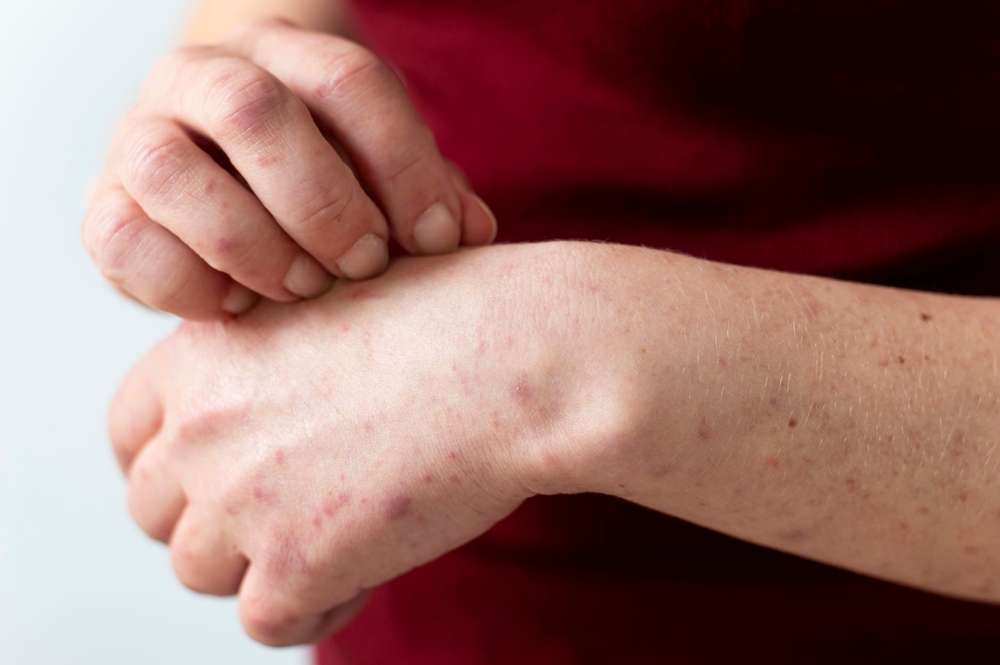Scalp Psoriasis Treatment: Causes, Symptoms, and Effective Relief Methods
Scalp psoriasis is a chronic autoimmune condition that affects millions of people worldwide. It causes red, itchy, and scaly patches on the scalp, which can be both uncomfortable and embarrassing. This article explores the causes, symptoms, and various treatment options available for those dealing with scalp psoriasis, providing valuable insights to help manage this persistent condition effectively.

What causes scalp psoriasis?
Scalp psoriasis occurs when the immune system mistakenly attacks healthy skin cells, causing them to rapidly multiply. This accelerated cell turnover leads to the formation of thick, scaly patches on the scalp. While the exact cause is not fully understood, several factors contribute to its development:
-
Genetics: A family history of psoriasis increases the likelihood of developing the condition.
-
Stress: High stress levels can trigger or worsen psoriasis symptoms.
-
Environmental factors: Cold weather, infections, and certain medications may exacerbate the condition.
-
Hormonal changes: Fluctuations in hormone levels, particularly during puberty or pregnancy, can influence psoriasis flare-ups.
What are the common symptoms of scalp psoriasis?
Recognizing the symptoms of scalp psoriasis is crucial for early diagnosis and treatment. Common signs include:
-
Red, inflamed patches on the scalp
-
Silvery-white scales or plaques
-
Intense itching and burning sensations
-
Dry, flaky skin that may extend beyond the hairline
-
Temporary hair loss in affected areas
-
Bleeding or soreness when scales are removed
It’s important to note that symptoms can vary in severity and may come and go in cycles.
How is scalp psoriasis diagnosed?
Diagnosing scalp psoriasis typically involves a thorough examination by a dermatologist. The process may include:
-
Physical examination of the scalp and other affected areas
-
Review of medical history and family history of psoriasis
-
Skin biopsy in rare cases to rule out other conditions
-
Assessment of symptom severity and impact on quality of life
Early diagnosis is key to managing the condition effectively and preventing complications.
What are the most effective treatments for scalp psoriasis?
Treatment options for scalp psoriasis range from topical medications to systemic therapies. The choice of treatment depends on the severity of symptoms and individual patient factors:
-
Topical treatments: Corticosteroid creams, vitamin D analogs, and tar-based shampoos are often the first line of defense.
-
Light therapy: Controlled exposure to UVB light can help slow skin cell growth and reduce inflammation.
-
Oral medications: For severe cases, systemic drugs like methotrexate or biologics may be prescribed.
-
Medicated shampoos: Special shampoos containing salicylic acid or coal tar can help manage symptoms.
-
Scalp treatments: Oils and moisturizers can help soften and remove scales.
In the United States, many dermatologists recommend a combination of treatments tailored to each patient’s needs. Some innovative approaches, such as platelet-rich plasma therapy, are also being explored as potential treatments for scalp psoriasis.
How can you manage scalp psoriasis flare-ups at home?
While medical treatments are essential, there are several strategies you can employ at home to manage scalp psoriasis:
-
Gentle hair care: Use lukewarm water and avoid harsh shampoos.
-
Moisturize regularly: Apply moisturizers to the scalp to reduce dryness and itching.
-
Stress management: Practice relaxation techniques like meditation or yoga.
-
Healthy diet: Consume anti-inflammatory foods and maintain a balanced diet.
-
Avoid triggers: Identify and avoid factors that worsen your symptoms.
-
Careful styling: Be gentle when brushing or styling hair to prevent irritation.
These self-care measures can complement medical treatments and help reduce the frequency and severity of flare-ups.
What are the latest advancements in scalp psoriasis treatment?
Recent years have seen significant progress in the treatment of scalp psoriasis. Some notable advancements include:
-
Biologic drugs: These target specific parts of the immune system to reduce inflammation.
-
JAK inhibitors: A new class of oral medications that show promise in treating moderate to severe psoriasis.
-
Nanotechnology: Improved delivery systems for topical medications, enhancing their effectiveness.
-
Personalized medicine: Tailoring treatments based on genetic and molecular profiles.
-
Combination therapies: Using multiple treatments synergistically for better results.
| Treatment Type | Provider/Product | Key Features | Cost Estimation |
|---|---|---|---|
| Topical Steroid | Clobetasol (generic) | High potency, quick relief | $30-$60 per tube |
| Vitamin D Analog | Calcipotriene (Dovonex) | Slows skin cell growth | $200-$300 per tube |
| Biologic | Secukinumab (Cosentyx) | Targets specific immune pathways | $5,000-$7,000 per month |
| Medicated Shampoo | Neutrogena T/Gel | Contains coal tar, OTC | $10-$15 per bottle |
| Light Therapy | Philips GoLite BLU Energy Light | At-home light therapy device | $150-$200 one-time cost |
Prices, rates, or cost estimates mentioned in this article are based on the latest available information but may change over time. Independent research is advised before making financial decisions.
In conclusion, while scalp psoriasis can be a challenging condition to manage, a wide range of treatment options and self-care strategies are available. By working closely with a dermatologist and staying informed about the latest advancements, individuals with scalp psoriasis can effectively manage their symptoms and improve their quality of life. Remember that treatment plans may need adjustment over time, and persistence is key in finding the most effective approach for each individual.
This article is for informational purposes only and should not be considered medical advice. Please consult a qualified healthcare professional for personalized guidance and treatment.



